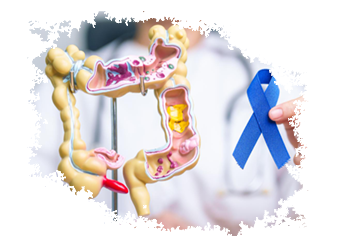
Colorectal Cancer: Early Detection Saves Lives
Colorectal cancer is a type of cancer that begins in the colon or rectum, often developing from precancerous polyps that grow on the inner lining of the intestine. It is one of the most common cancers worldwide but is also one of the most preventable and treatable when detected early.
Symptoms of colorectal cancer may include persistent changes in bowel habits, blood in the stool, abdominal pain, unexplained weight loss, and fatigue. However, in its early stages, the disease may not cause noticeable symptoms, making regular screening essential for early detection. Screening methods such as colonoscopy, stool tests, and imaging scans help identify polyps or cancerous growths before they become advanced.
Treatment depends on the stage of the cancer and may involve surgery, chemotherapy, radiation therapy, targeted therapy, or immunotherapy. Lifestyle factors, such as a healthy diet, regular exercise, avoiding smoking, and limiting alcohol consumption, can also help reduce the risk of developing colorectal cancer.
With early diagnosis and proper treatment, the chances of survival and recovery are significantly higher. Regular screenings, especially for individuals over 45 or those with a family history of the disease, play a crucial role in preventing and successfully treating colorectal cancer.